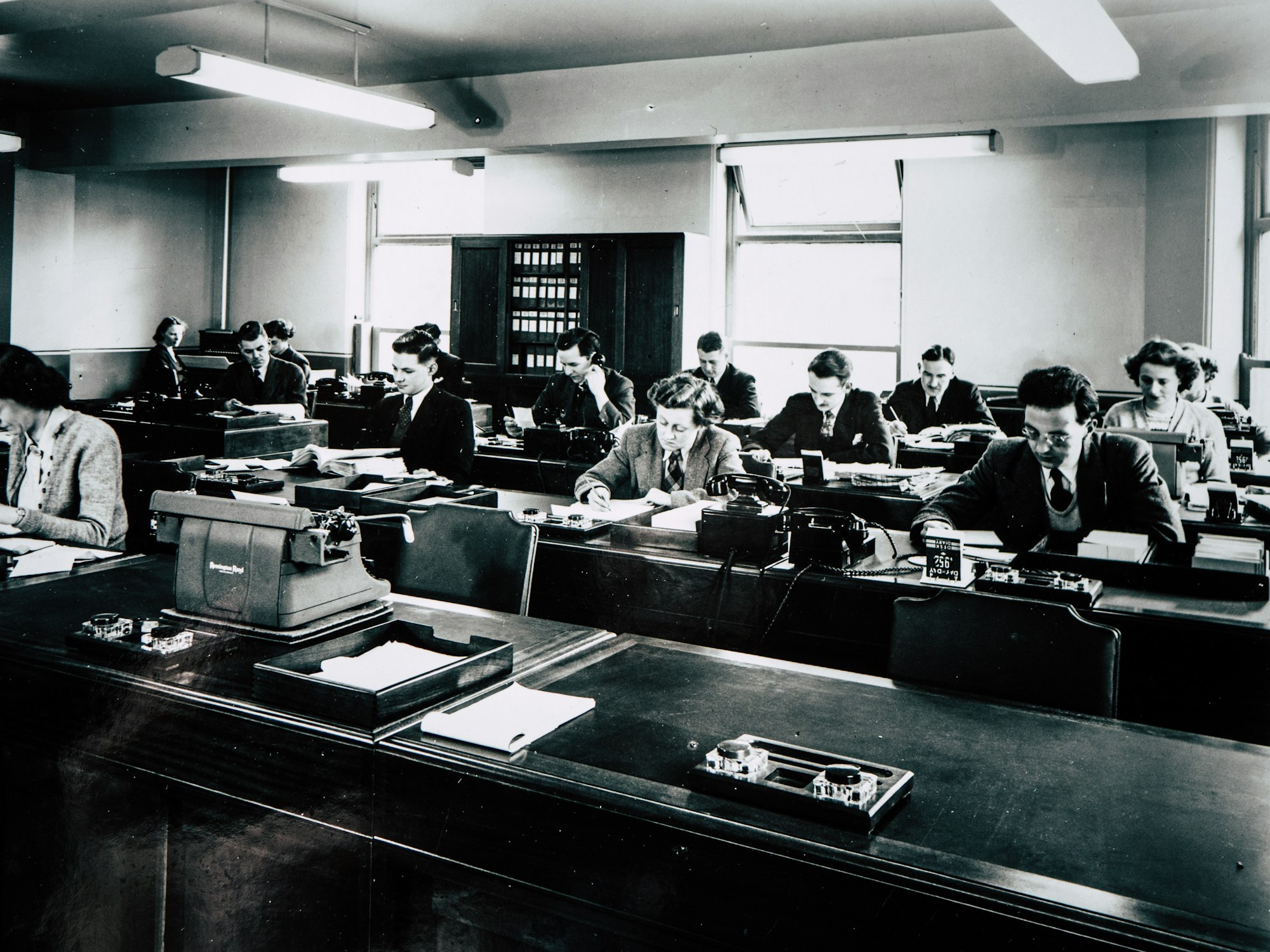Amateur radio Q Codes

Ham radio enthusiasts, rely on a unique set of codes to facilitate efficient and clear communication. These codes, known as Q codes, play a vital role in making transmissions succinct and effective. In this blog post, we'll delve into the world of ham radio Q codes, exploring their origin, significance, and some of the most commonly used ones.
What Are Q Codes?
Q codes are three-letter codes that were initially developed for maritime communication in the early 20th century. However, ham radio operators adopted them to streamline conversations and reduce ambiguity. Each Q code has a specific meaning, and they cover a wide range of topics, from technical queries to signal quality assessments.
Commonly Used Q Codes:
- QTH - What is your location?
QTH is a code used to inquire about the station's location. Ham operators often exchange this information to establish a connection. - QRZ - Who is calling me?
QRZ is employed when a ham operator wishes to know the identity of the station trying to make contact. - QSL - I acknowledge receipt.
QSL is used to confirm the reception of a message. It indicates that the information has been received and understood. - QSO - I can communicate with...
QSO signals a successful communication between two stations. It is often used to indicate the beginning or end of a conversation. - QRP - Reduce power.
QRP is a request to reduce transmitter power, commonly used when signals are strong, and lower power suffices for communication. - QRM - Man-made interference.
QRM is utilized to report interference caused by other radio signals or sources of electrical noise. - QSB - Fading signals.
QSB indicates signal fading, which can occur due to atmospheric conditions affecting radio wave propagation. - QSL - I confirm receipt of your message.
- QSL code is used to confirm message reception, emphasizing the successful acknowledgment.
You can read more here: Wikipedia - Q Code